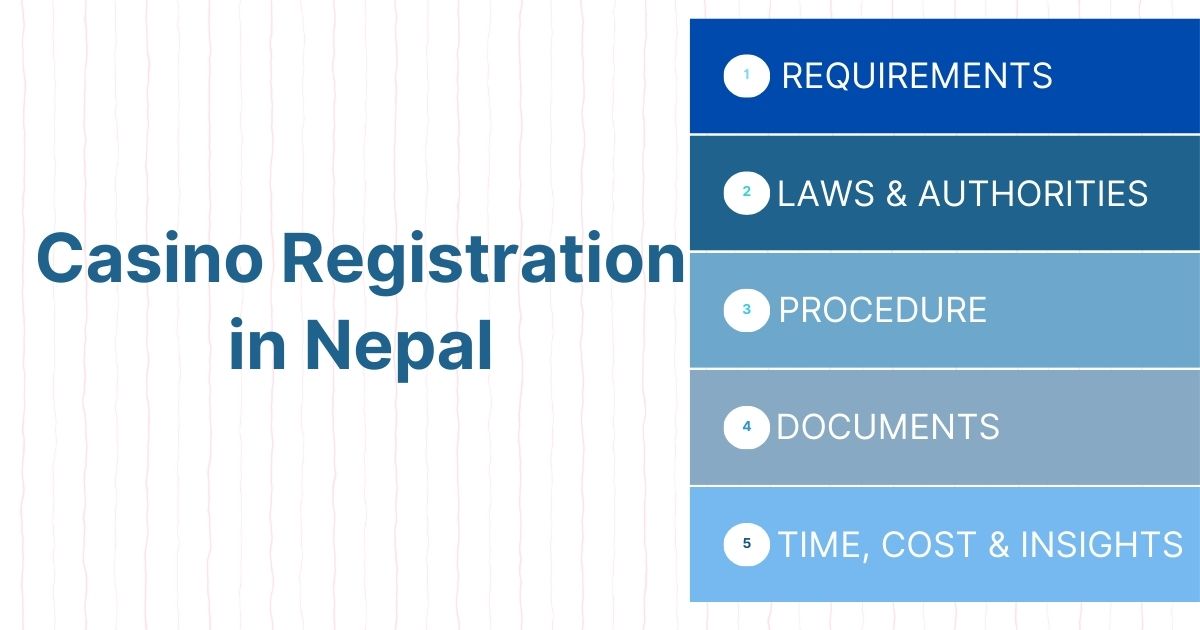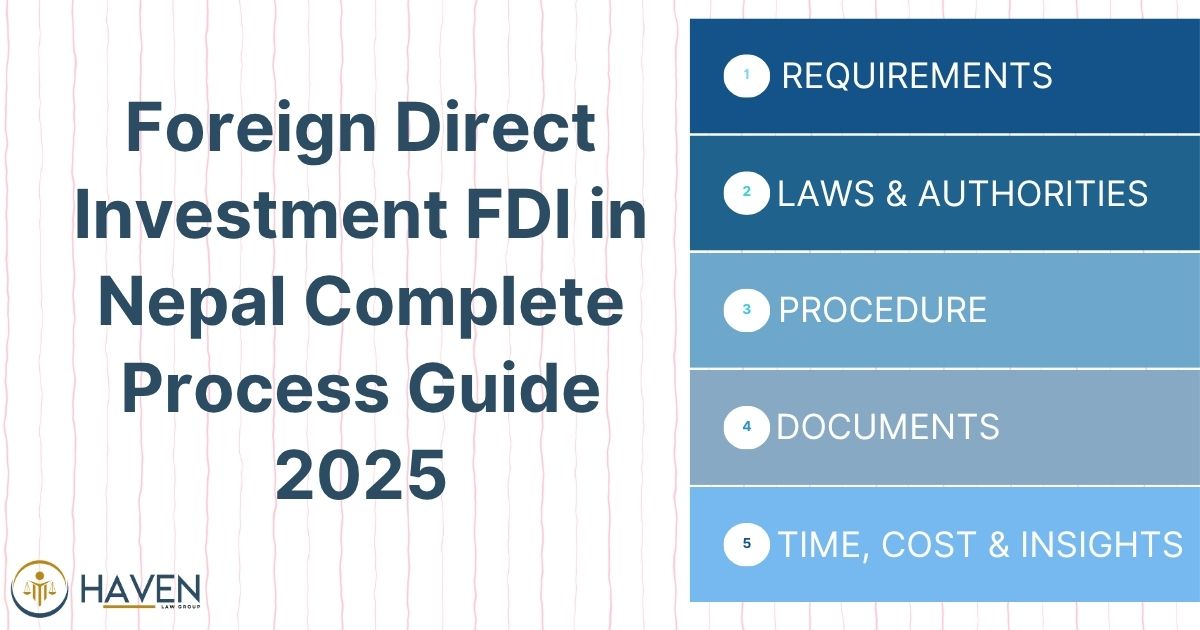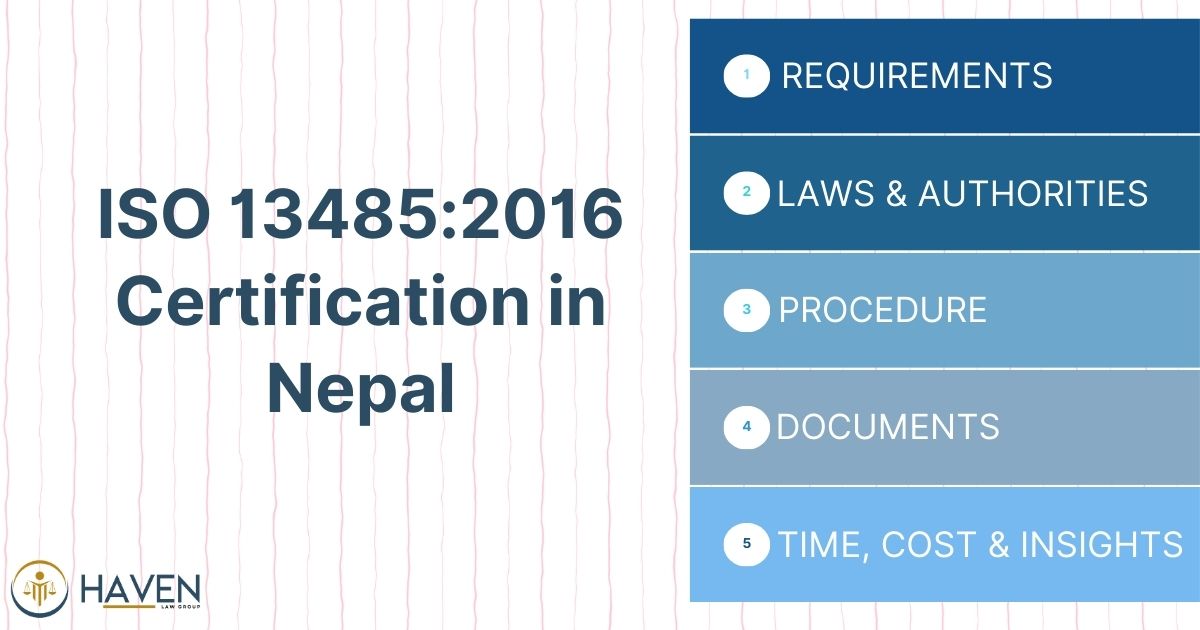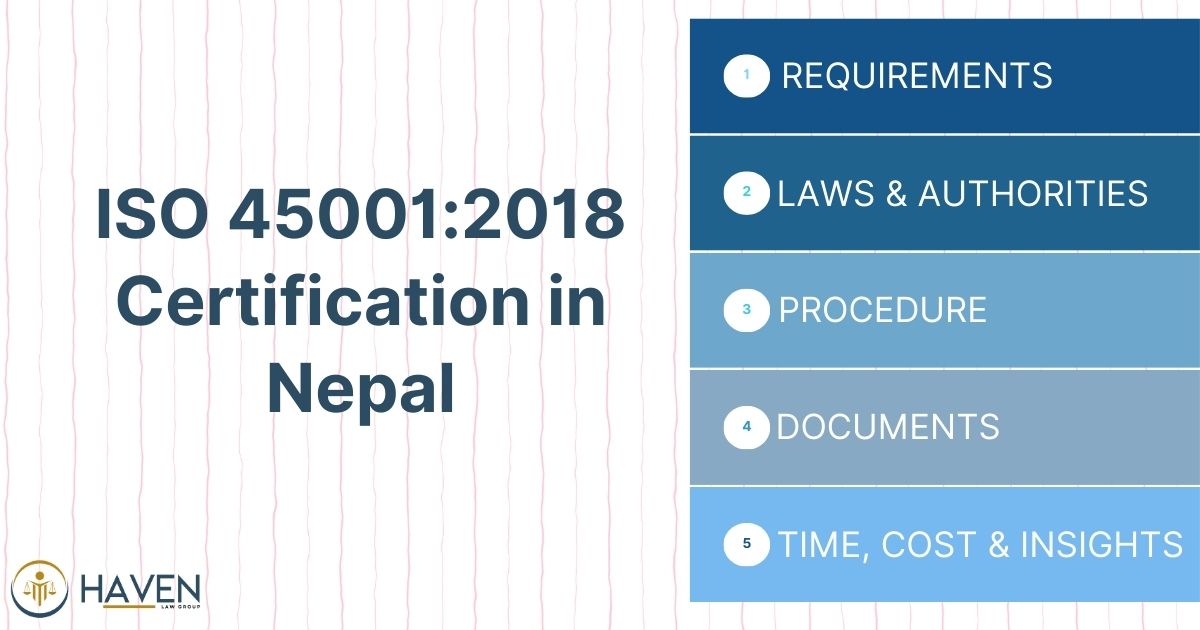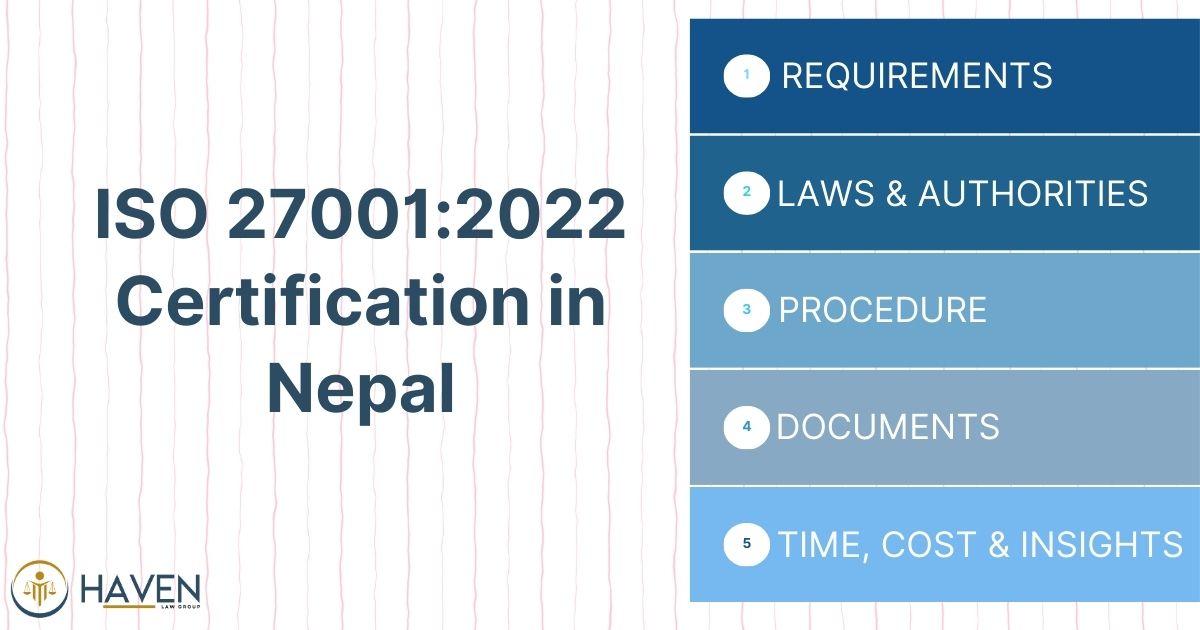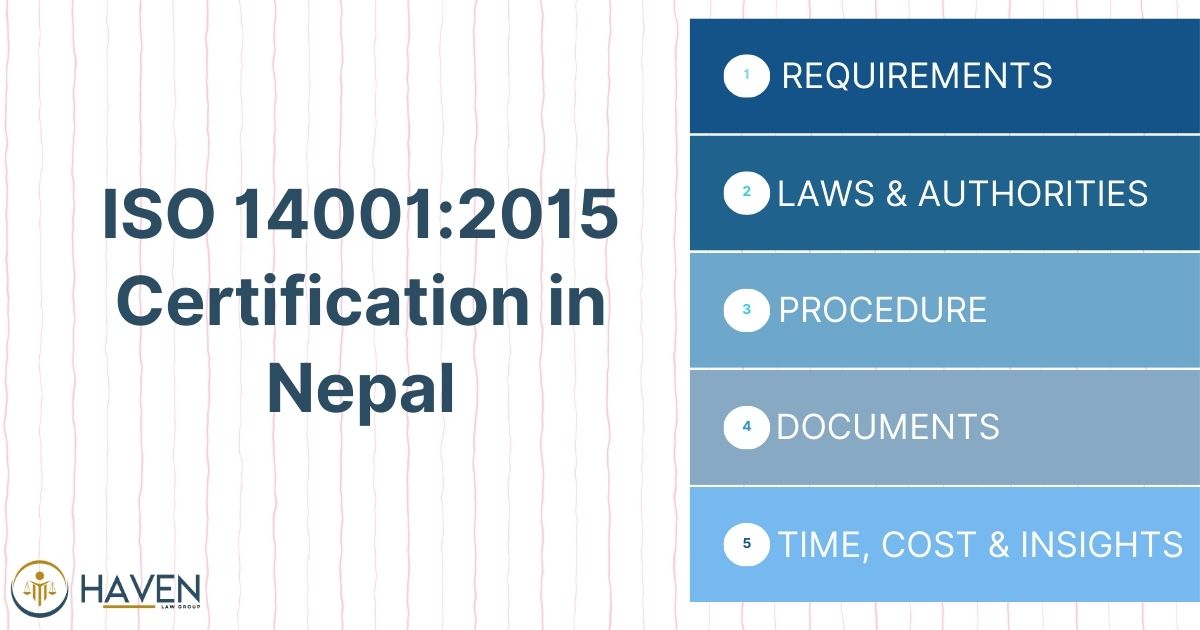Is same-sex marriage legal in Nepal?
Same sex marriage is not explicitly legal in Nepal, but the country has made significant strides towards recognizing and protecting the rights of LGBTIQ+ individuals. In 2007, the Supreme Court of Nepal issued a landmark decision in Sunil Babu Pant and Others v. Government of Nepal, directing the government to enact laws recognizing same-sex relationships and prohibiting discrimination based on sexual orientation and gender identity.
The court ordered the formation of a committee to study same-sex marriage laws in other countries and recommend appropriate legislation for Nepal. Despite this ruling, the government has not yet enacted specific laws legalizing same-sex marriage. The current legal framework in Nepal does not explicitly prohibit same-sex marriage, but it also does not provide a clear legal basis for such unions. The lack of explicit legislation creates a legal gray area for same-sex couples seeking to formalize their relationships.
What documents are required for same-sex marriage?
As same-sex marriage is not explicitly legalized in Nepal, there is no standardized set of documents specifically required for same-sex marriages. However, if same-sex marriages were to be legally recognized, the documentation requirements would likely be similar to those for heterosexual marriages. Based on the current marriage registration process in Nepal, the following documents may be required:
- Citizenship certificates of both partners
- Birth certificates or proof of age
- Passport-sized photographs of both partners
- Recommendation letter from the local ward office
- Witness statements from family members or friends
- Medical certificates (if required by local authorities)
- Divorce decree or death certificate of previous spouse (if applicable)
- No Objection Certificate from the embassy (for foreign nationals)
It is important to note that these requirements are speculative and may change if and when specific legislation for same-sex marriages is enacted in Nepal.
Can same-sex couples register court marriages in Nepal?
Currently, same-sex couples cannot register court marriages in Nepal due to the lack of explicit legal provisions recognizing such unions. The existing Marriage Registration Act of 1971 and its subsequent amendments do not provide for the registration of same-sex marriages. Court marriages in Nepal are typically conducted under the Civil Code 2017 (Muluki Dewani Samhita 2074), which defines marriage as a union between a man and a woman. As a result, same-sex couples face legal barriers when attempting to register their marriages through the court system.
However, it is worth noting that the Supreme Court’s 2007 decision in the Sunil Babu Pant case directed the government to recognize same-sex relationships. This ruling has created a legal foundation for potential future changes in marriage registration laws to include same-sex couples.
Are foreign same-sex marriages recognized in Nepal?
Nepal does not have specific legislation addressing the recognition of foreign same-sex marriages. The current legal framework does not explicitly recognize or reject same-sex marriages performed in other countries. This lack of clear legal provisions creates uncertainty for same-sex couples who have married abroad and wish to have their union recognized in Nepal.
While the 2007 Supreme Court decision in the Sunil Babu Pant case directed the government to recognize same-sex relationships, this has not yet translated into concrete legal recognition of foreign same-sex marriages. In practice, same-sex couples married abroad may face challenges when seeking legal recognition or benefits typically accorded to married couples in Nepal. The recognition of foreign same-sex marriages remains a gray area in Nepali law, and couples may need to seek legal advice or advocacy support to navigate this complex issue.
Do same-sex couples have property rights in Nepal?
The property rights of same-sex couples in Nepal are not explicitly defined in current legislation. The lack of legal recognition for same-sex marriages creates challenges for couples seeking to assert their property rights. However, the 2015 Constitution of Nepal prohibits discrimination based on sexual orientation and gender identity, which provides a foundation for potential property rights protections. In practice, same-sex couples may face difficulties in areas such as:
- Joint property ownership
- Inheritance rights
- Tenancy rights
- Property division in case of separation
While individual property rights are protected under Nepali law, the lack of legal recognition for same-sex relationships may complicate matters related to jointly owned property or inheritance between partners. Same-sex couples may need to rely on alternative legal arrangements, such as wills, trusts, or power of attorney documents, to protect their property interests. It is advisable for same-sex couples to seek legal counsel to understand their rights and explore options for protecting their property interests within the current legal framework.
Can same-sex couples adopt children in Nepal?
The adoption rights of same-sex couples in Nepal are not explicitly addressed in current legislation. The Children’s Act 2048 (1992) and its subsequent amendments do not specifically mention same-sex couples as eligible adoptive parents. Traditionally, adoption laws in Nepal have been interpreted in the context of heterosexual couples or single individuals. The lack of legal recognition for same-sex relationships creates challenges for same-sex couples seeking to adopt children. However, the 2015 Constitution of Nepal prohibits discrimination based on sexual orientation and gender identity, which could potentially be used as a basis for advocating for equal adoption rights. In practice, same-sex couples may face significant obstacles when attempting to adopt children through official channels in Nepal. Some potential challenges include:
- Lack of clear legal provisions for same-sex couple adoptions
- Societal and cultural biases
- Administrative hurdles in the adoption process
Same-sex couples interested in adoption may need to explore alternative options, such as international adoption or seeking legal advocacy to challenge existing adoption practices. It is advisable for same-sex couples to consult with legal experts and LGBTIQ+ rights organizations to understand their options and potential pathways for adoption in Nepal.
Are same-sex marriage laws applicable to NRNs?
The applicability of same-sex marriage laws to Non-Resident Nepalis (NRNs) is a complex issue, given the current lack of explicit legislation recognizing same-sex marriages in Nepal. As there are no specific same-sex marriage laws in place, the question of their applicability to NRNs remains largely theoretical. However, if such laws were to be enacted in the future, their applicability to NRNs would likely depend on several factors:
- Citizenship status: NRNs who have retained their Nepali citizenship may be subject to Nepali laws regarding marriage.
- Residency requirements: Future same-sex marriage laws may include residency requirements for eligibility.
- International private law principles: The recognition of marriages performed abroad may be subject to Nepal’s rules on private international law.
- Bilateral agreements: Nepal’s agreements with other countries regarding the recognition of marriages may affect NRNs.
NRNs seeking to enter into same-sex marriages or have their foreign same-sex marriages recognized in Nepal may face additional complexities due to their non-resident status. It is advisable for NRNs to consult with legal experts specializing in both Nepali law and international family law to understand their rights and options regarding same-sex marriage in Nepal.
Is public approval required for same-sex marriage?
Public approval is not a legal requirement for same-sex marriage in Nepal. The legalization and recognition of same-sex marriages are matters of law and policy, typically determined by legislative bodies and courts rather than public referendums. In Nepal, the process of legalizing same-sex marriage would likely involve:
- Legislative action: The Parliament of Nepal enacting laws recognizing same-sex marriages.
- Judicial decisions: The Supreme Court of Nepal interpreting existing laws or constitutional provisions to recognize same-sex marriages.
- Executive policies: Government agencies implementing policies to recognize and administer same-sex marriages.
While public opinion can influence political decisions and social acceptance of same-sex marriages, it is not a formal legal requirement. The 2015 Constitution of Nepal prohibits discrimination based on sexual orientation and gender identity, providing a legal foundation for potential same-sex marriage legislation regardless of public opinion. However, public support can be influential in shaping the political will to enact such laws. LGBTIQ+ rights advocates in Nepal often engage in public awareness campaigns and advocacy efforts to build societal acceptance and support for same-sex marriage rights.
Can same-sex couples file for divorce in Nepal?
Currently, same-sex couples cannot file for divorce in Nepal due to the lack of legal recognition for same-sex marriages. The existing divorce laws in Nepal, primarily governed by the Civil Code 2017 (Muluki Dewani Samhita 2074), are framed in the context of heterosexual marriages. As same-sex marriages are not legally recognized, there is no formal process for same-sex couples to dissolve their relationships through the Nepali legal system. This legal gap creates significant challenges for same-sex couples who wish to end their relationships, particularly in matters such as:
- Property division
- Alimony or spousal support
- Child custody and support (if applicable)
- Legal recognition of separation
In the absence of formal divorce procedures for same-sex couples, individuals may need to rely on alternative dispute resolution methods or seek legal advice to address the practical aspects of ending their relationships. It is important to note that if Nepal were to legalize same-sex marriage in the future, corresponding divorce laws would likely be enacted to address the dissolution of these unions. Until such laws are in place, same-sex couples facing relationship breakdowns may need to navigate complex legal terrain to resolve their issues.
Is legal assistance needed for same-sex marriages?
Legal assistance is highly recommended for same-sex couples seeking to formalize their relationships in Nepal, given the complex and evolving legal landscape. While same-sex marriage is not explicitly legal, the lack of clear legislation creates numerous legal challenges that require expert guidance. Legal assistance can be beneficial in several areas:
- Understanding current laws: Lawyers can help interpret existing laws and court decisions related to LGBTIQ+ rights in Nepal.
- Exploring legal alternatives: Legal experts can advise on alternative arrangements to protect rights and interests, such as cohabitation agreements or power of attorney documents.
- Navigating bureaucratic processes: Attorneys can assist in dealing with government agencies and officials who may be unfamiliar with same-sex relationship issues.
- Advocacy and litigation: Legal professionals can help in advocating for rights or challenging discriminatory practices through the court system.
- International considerations: For couples with foreign connections, lawyers can advise on international legal implications and recognition issues.
- Property and financial planning: Legal assistance is crucial for same-sex couples seeking to protect their joint assets and financial interests.
- Family planning: Attorneys can provide guidance on adoption, surrogacy, or other family formation options for same-sex couples.
Given the evolving nature of LGBTIQ+ rights in Nepal, seeking legal assistance from professionals experienced in this area of law is advisable for same-sex couples looking to protect their rights and interests.
Are there fees for same-sex marriage registration?
As same-sex marriage registration is not currently available in Nepal, there are no official fees specifically for this process. However, if same-sex marriage were to be legalized in the future, it is likely that the registration fees would be similar to those for heterosexual marriages. Based on the current fee structure for marriage registration in Nepal, potential fees for same-sex marriage registration might include:
- Marriage registration fee (varies by municipality)
- Document verification fees
- Notarization fees (if required)
- Translation fees (for foreign language documents)
- Medical examination fees (if required)
It’s important to note that these potential fees are speculative and would depend on the specific legislation and regulations implemented for same-sex marriages. Additionally, fees may vary depending on the location and the specific circumstances of the couple. If same-sex marriage becomes legal in Nepal, it is advisable for couples to check with their local ward office or municipality for the most up-to-date information on registration fees and procedures.
Can same-sex marriage laws be challenged in Nepal?
Same-sex marriage laws, or the lack thereof, can be challenged in Nepal through various legal and constitutional mechanisms. The Nepali legal system provides several avenues for challenging laws or advocating for new legislation:
- Constitutional challenges: The Supreme Court of Nepal has the power to review laws for consistency with the Constitution. LGBTIQ+ rights advocates can file petitions challenging the constitutionality of laws that discriminate against same-sex couples.
- Public Interest Litigation (PIL): Nepal’s legal system allows for PILs, which can be used to address issues of public importance, including LGBTIQ+ rights and same-sex marriage.
- Legislative advocacy: Civil society organizations and advocacy groups can lobby parliamentarians and political parties to introduce or support bills recognizing same-sex marriage.
- International human rights mechanisms: Nepal is a party to various international human rights treaties. Advocates can use these mechanisms to pressure the government to align domestic laws with international human rights standards.
- Administrative challenges: Decisions by government agencies that discriminate against same-sex couples can be challenged through administrative tribunals or courts.
- Strategic litigation: Carefully selected cases can be brought before courts to establish legal precedents supporting same-sex marriage rights.
- Constitutional amendment proposals: While more challenging, advocates could propose constitutional amendments to explicitly recognize same-sex marriage rights.
It’s important to note that challenging laws or advocating for new legislation is often a complex and lengthy process. Success often depends on a combination of legal strategy, public support, and political will. LGBTIQ+ rights advocates in Nepal continue to work towards legal recognition of same-sex relationships through various legal and advocacy channels.
FAQs
1. Are laws equal?
Laws in Nepal are not currently equal for same-sex and heterosexual couples regarding marriage. The legal framework does not explicitly recognize same-sex marriages, creating disparities in rights and protections. While the Constitution prohibits discrimination based on sexual orientation, specific laws ensuring equality in marriage rights for same-sex couples are yet to be enacted.
2. Is it legally valid?
Same-sex marriages are not currently legally valid in Nepal. The lack of explicit legislation recognizing such unions means that same-sex marriages do not have legal standing under Nepali law. However, the 2007 Supreme Court decision directing the government to recognize same-sex relationships provides a foundation for potential future legal validity.
3. Can NRNs marry?
Non-Resident Nepalis (NRNs) face the same legal limitations as resident Nepalis regarding same-sex marriage. Currently, NRNs cannot legally enter into same-sex marriages in Nepal due to the lack of legal provisions recognizing such unions. The situation for NRNs may change if Nepal enacts laws recognizing same-sex marriages in the future.
4. Are adoption rights allowed?
Adoption rights for same-sex couples are not explicitly allowed in Nepal. The current adoption laws do not specifically address same-sex couples as eligible adoptive parents. While individual adoption may be possible, joint adoption by same-sex couples faces legal barriers due to the lack of recognition for same-sex relationships in Nepali law.
5. Are fees applicable?
As same-sex marriage registration is not currently available in Nepal, there are no specific fees applicable. If same-sex marriage becomes legal in the future, fees similar to those for heterosexual marriage registration would likely apply. These may include registration fees, document verification fees, and other administrative costs set by local authorities.
Is same-sex marriage legal in Nepal?
Same-sex marriage is not yet legally recognized in Nepal, though the Supreme Court has directed the government to enact laws allowing it.
What rights do same-sex couples currently have in Nepal?
Same-sex couples lack formal legal recognition but have some protections against discrimination. They cannot jointly adopt or access other marriage-related rights.
Can same-sex marriages performed abroad be recognized in Nepal?
Nepal does not currently recognize same-sex marriages performed in other countries. Foreign same-sex spouses face immigration hurdles.
What challenges do same-sex couples face in Nepal?
Same-sex couples in Nepal face social stigma, family pressure, and lack of legal protections for their relationships and families.
How does Nepal compare to other Asian countries regarding same-sex marriage?
Nepal is relatively progressive on LGBTQ+ rights compared to many Asian nations, having banned discrimination and legally recognizing a third gender.


